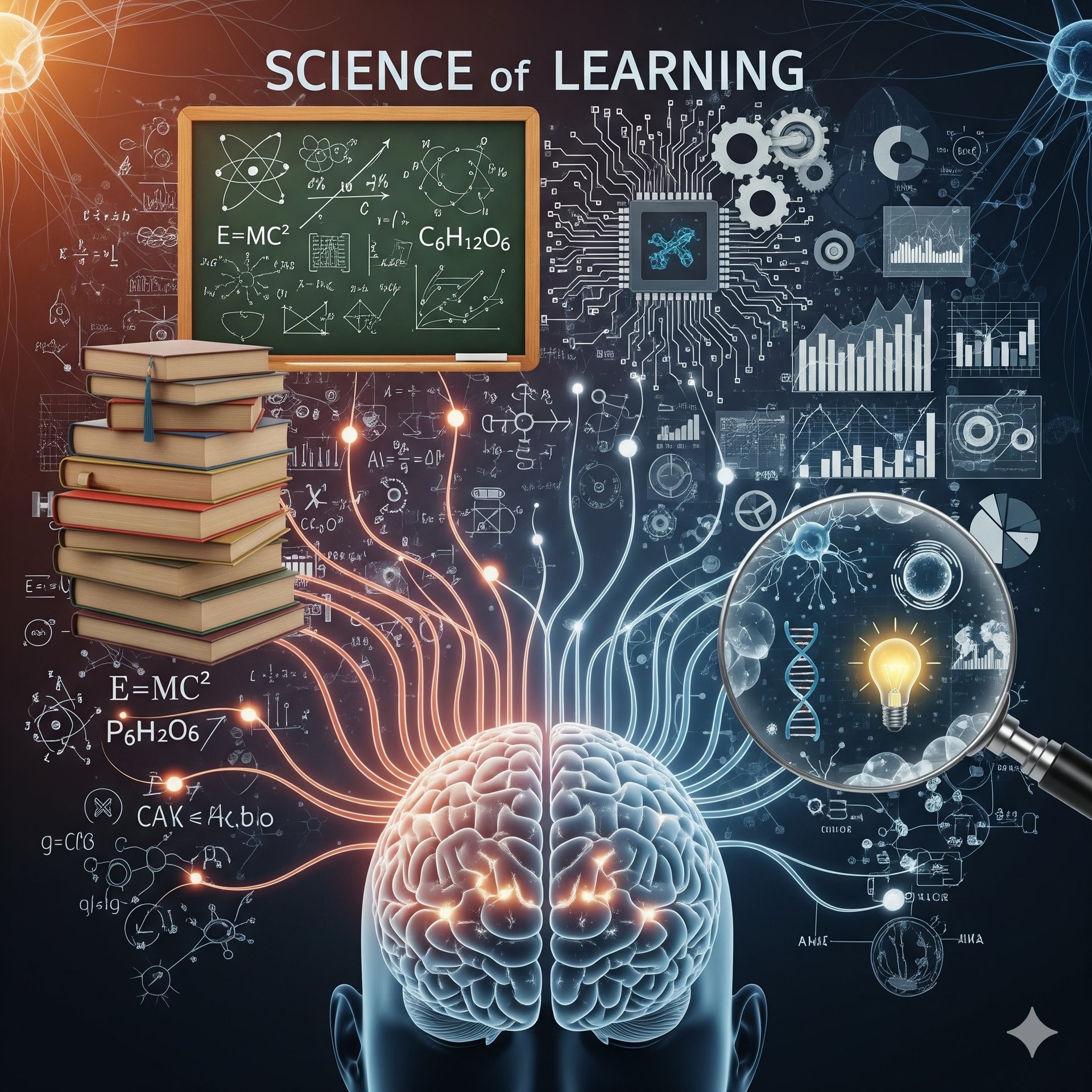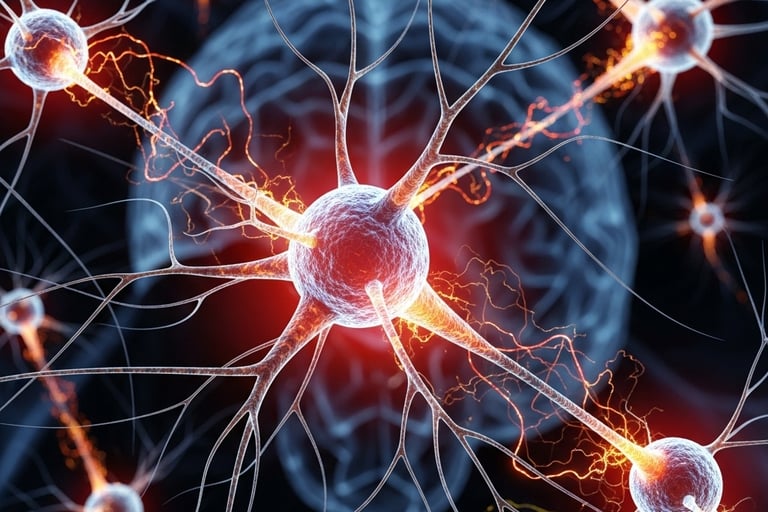
The science of learning
What is the Science underlying Educational Therapy?
Neuroplasticity
Neuroplasticity, or the brain's ability to change and evolve over time, is a particularly central tenet for educational therapists. Neuroscience shows that the more a skill is practiced, the stronger the neural connections in that area of the brain become, that means with practice and elaboration, a person can literally rewire their brain to make learning more efficient. This is important for all learners, but it is especially crucial for students with learning differences and those who work with them to understand that brains are not fixed in a state of development. Rather, they can continue to grow and improve, even in challenging areas.
(Sentis, 2012)


Information Processing Theory
Educational therapists understand how people process information to effectively learn. When new information is presented, many factors impact whether a person will retain it. First, the new information must be attended to to enter either short-term memory or working memory. Short-term memory refers to the ability to retain a small amount of information for a short period of time (e.g., memorizing a phone number or people's names). Working memory, in contrast, is when the brain manipulates and integrates information that was just presented to make sense of it (examples include using novel information to solve a math problem or synthesizing new information into prior knowledge about a scientific topic). Working memory is heavily impacted by factors such as the cognitive load the person is experiencing, distractions, emotions like stress and anxiety, learning disabilities, and executive functions (including organization, planning, and the ability to focus). Once information has been stored in either short-term memory or working memory, it needs to be either encoded or consolidated to move into long-term memory. This happens through meaningful practice, application, and rehearsal. By understanding information processing theory, educational therapists can consider the various factors that may be impeding that process, and therefore a student's ability to master new information and skills.
("Information Processing Theory," 2019; NeuronUP, 2022)
Educational therapists apply evidence-based research from neuroscience and psychology to understand brain function and learning processes. Several foundational principles inform educational therapy practice.
Data Driven Practice
Educational therapists rely on both formal and informal assessments to identify the factors that are hindering an individual student's learning. For example, many students with dyslexia have underlying issues with phonological processing. Until these processing problems are addressed, repetition alone will not significantly improve their reading skills. This is why many students spend years in tutoring without seeing progress. Practice alone is not enough; instead, educational therapists focus on the root causes of the student’s learning difficulties. They understand, for instance, that if a student has not mastered certain math concepts, they won't be able to apply them automatically enough to incorporate new information into working memory. Once educational therapists identify the skill and processing gaps that need remedial work, they employ evidence-based strategies to target those areas through a structured, multi-sensory approach. They can also teach explicit strategies to improve weaknesses in executive functioning, such as breaking projects into smaller steps, using planners, and developing self-talk strategies.
(Marshall, 2013)


Emotional Factors in Learning
Educational therapists are acutely aware of the significant role that emotions play in the learning process. When students experience stress, anxiety, or a lack of confidence, these feelings directly influence their ability to absorb and retain information. Recognizing this, educational therapists devote considerable attention to cultivating a supportive and trusting relationship with each client. By fostering a safe environment and collaborating closely with clients through the therapeutic alliance, therapists help mitigate the negative impact of emotional barriers.
Empowering Students Through Self-Awareness
In addition to emotional support, educational therapists prioritize teaching students about how their brains work and the mechanisms behind learning. Developing this self-awareness enhances the student’s understanding of their own learning process and promotes greater confidence. By empowering students with knowledge about their strengths, challenges, and opportunities for growth, educational therapists enable them to approach learning with increased self-assurance and motivation.
(Gibbons, 2021)


